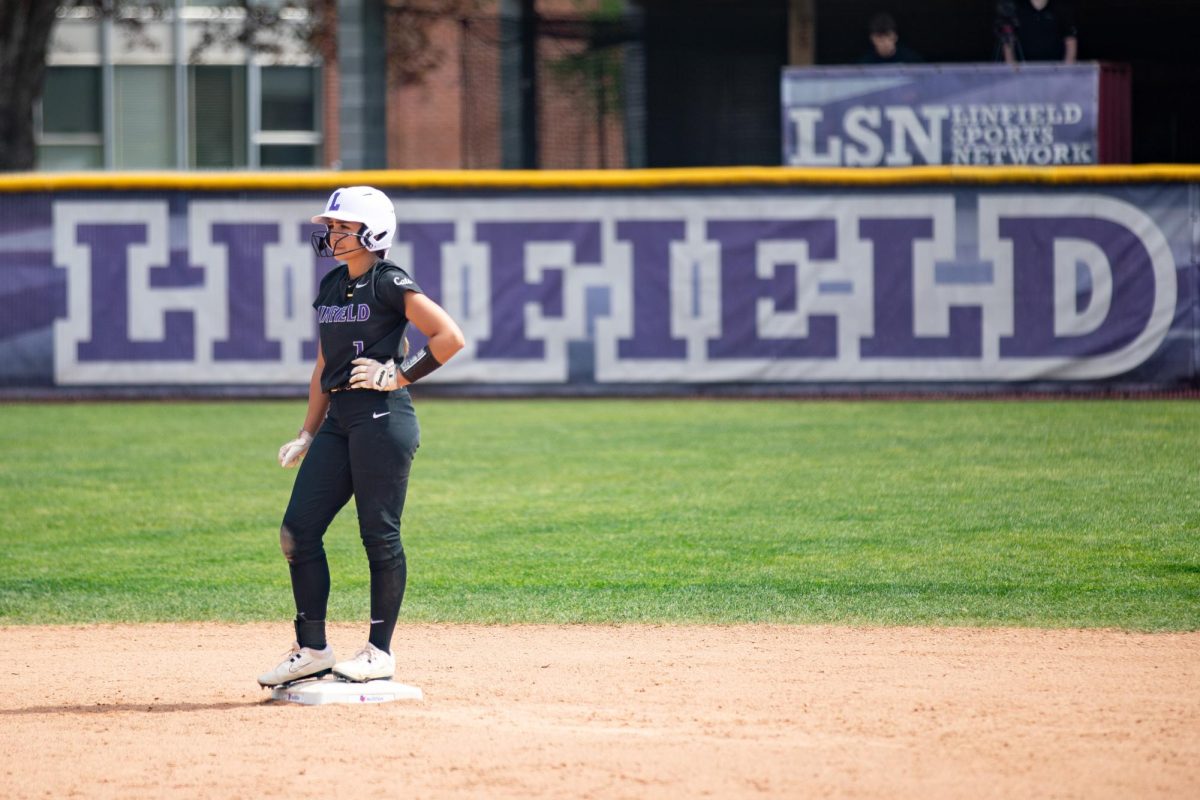After the conclusion of March Madness, I’m sure everyone knows how much money is in the commercialization of Division I athletics. In fact, about 90 percent of the profits made by televised college sporting events go back to these big name institutions. That money not only funds the athletic complexes and medical care, but it also helps pay wages for professors and other funds a majority of academic expenses. Basically, in bigger institutions having successful sports program (such as football or basketball) is essential to having a successful institution.
However, student-athletes at Northwestern University have challenged their university claiming that they should be paid for their athletic commitments. The National Labor Relations Board in Chicago has ruled that football players at Northwestern University are employees and have the right to unionize.
The evidence that lead to the ruling included athletes getting paid in the form of scholarships, working between 20 and 50 hours per week and generating millions of dollars for their institutions. The football players are ultimately seeking better medical coverage, concussion testing, four-year scholarships and the possibility of being paid through an organized union.
Northwestern University is appealing the verdict and the case could go as far as the U.S. Supreme Court. This could mean years before there is a definitive decision on this very unusual case.
If you’re thinking that this is totally ridiculous and absurd, you are not alone. Sports directors, coaches, alumni, big institution presidents and the NCAA have all jumped at the opportunity to voice their opinions on the verdict.
“While improvements need to be made, we do not need to completely throw away a system that has helped literally millions of students over the past decade alone attend college,” said the statement from NCAA chief legal officer Donald Remy.
Mike Slave, commissioner for the Southeastern Conference (SEC), also openly disagreed with the verdict saying, “the SEC does not believe that full-time students participating in intercollegiate athletics are employees of the universities they attend.”
The amount of criticism and backlash on the Northwestern football players is overwhelming and for good reason. If this decision is finalized, the dynamics of Division 1 sports could completely change for good. Less popular athletic programs such as golf, tennis, lacrosse, and even baseball and softball could suffer from extensive financial losses as they would be unable to pay their athletes nor would potential student-athletes find it worth playing without adequate compensation. Prestigious Division 1 institutions, such as Duke and Stanford, may give up football all together to maintain academic integrity. This would without a doubt change the landscape of Division I competition. In short, athletic programs’ focus would be on financial profit, not on the love or enjoyment of the sport.
However, I can’t help but sympathize with these players. Even though most of these Division I athletes have tuition costs mostly covered and are given endless amounts of free shoes, apparel, equipment, and athletic care; I can’t help but feel that they are being used by their colleges’ for financial gain. The students wear name brands that the college sponsors, they have hectic schedules which leave them out of the classroom during season, and the pressure to consistently perform at their best is enormous. Imagine being a starting player on Wichita State’s basketball team (one of the top-seeded teams going into the D1 NCAA Tournament) and losing early on in the playoffs to no. 7 seed Kentucky? Knowing that you not only have to play for yourself but for a whole institution and fans who have money on your performance is a reality that I can’t fully grasp my head around.
What affects me the most is that these players admit to not being able to major in the field of study that they are passionate about. According to an article by CNN, approximately 15 percent of men’s football, baseball and basketball players say that they would have majored in something different if they had not been athletes, and there was 12 percent of Division I football players said that athletics have prevented them from majoring in what they wanted. As Linfield has over 30 percent of its population involved in Division III sports, I’m sure many of us can relate.
Maybe the football players at Northwestern University have a point. Spending on average six hours a day committed to athletics may be a sacrifice needed to be compensated financially by their institution. However, labeling these student-athletes as workers and paying them for representing an academic institution is completely detrimental to the integrity of sports and to the way we enjoy athletics.
Camille Weber/Sports columnist






